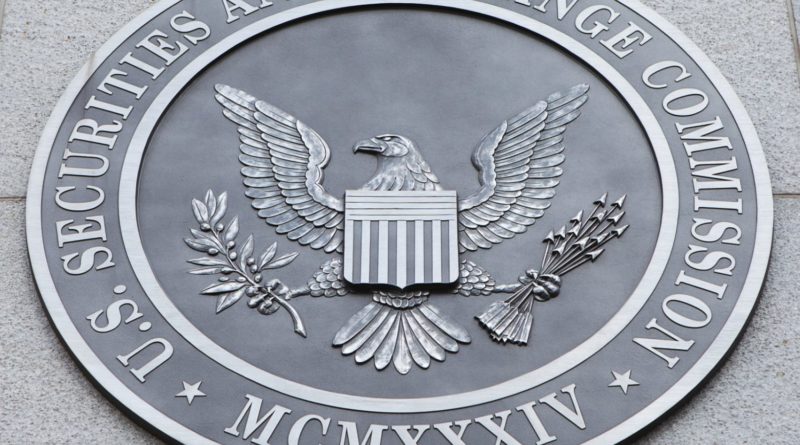SEC Adds to Guidance on Digital Assets
As Originally Published on natlawreview.com
In April, the staff of the Securities and Exchange Commission provided two pieces of guidance concerning the application of the federal securities laws to digital assets. In particular, the SEC’s Strategic Hub for Innovation and Financial Technology (FinHub) published a framework for analyzing whether a digital asset is a security, while the Division of Corporation Finance issued its first no-action letter to a market participant in connection with the proposed offer and sale of a digital asset.
The SEC’s new FinHub, which launched last October, serves as a resource for public engagement on the SEC’s FinTech-related issues and initiatives, such as distributed ledger technology (including digital assets), automated investment advice, digital marketplace financing, and artificial intelligence/machine learning. It also replaces and builds on the work of several internal working groups at the SEC that have focused on similar issues.
The FinHub framework discusses numerous types of facts and circumstances that one should consider under the U.S. Supreme Court’s so-called Howey “investment contract” test when analyzing whether the federal securities laws apply to the offer, sale, or resale of a particular digital asset. While generally helpful, the framework is unlikely to bring certainty to many situations because it provides little guidance on the key subject of the relative weights that should be ascribed to the various factors under different factual scenarios.
The Division’s no-action letter gave assurance for a proposed offer and sale, without registration under the Securities Act or the Securities Exchange Act, of blockchain-enabled digital tokens to facilitate the use of prepaid air charter services. As is typical of such letters, the letter does not explain the staff’s rationale for granting no-action relief, but merely recites a number of the incoming representations that the staff found particularly noteworthy in reaching that position. Like the FinHub framework, therefore, the letter is of limited help in analyzing the status of digital assets when the facts differ significantly from those addressed in the letter.
Indeed, in a recent speech, SEC Commissioner Hester Peirce questioned the utility of the staff’s guidance and expressed concern that its opaqueness might even encourage wary companies to forgo certain opportunities or to pursue them in more crypto-friendly jurisdictions.

